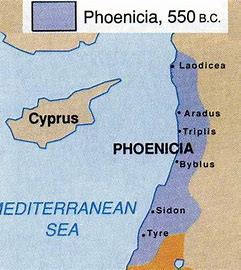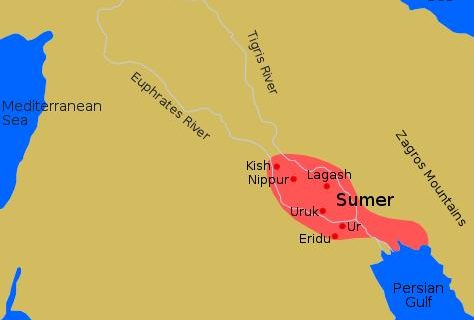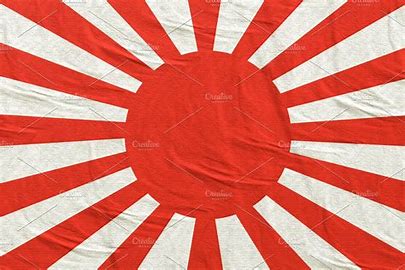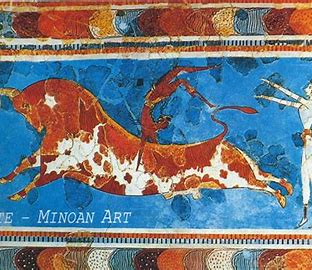The Persecution of Homosexuals by the Nazis
Out of the many groups of people who were targeted by the Nazis for various measures, it was the homosexuals who became the forgotten victims of the regime for many decades after the war had ended. Not until the 1980s did the process of adequately researching the subject begin and even now in the 2020s much more still needs to be done on the topic.[1] It all began in 1871 after the German Empire (the Second Reich) was proclaimed following Prussia’s victory in the Franco-Prussian War of 1870-1871. That was…read more









